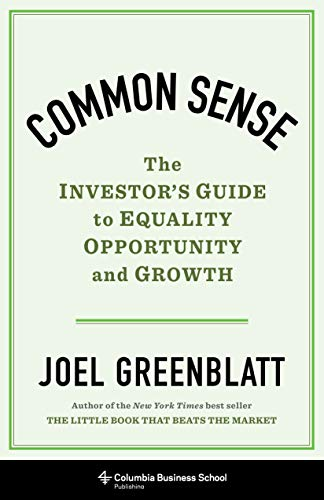
1/ Corporate Bond Default Risk: A 150-Year Perspective (Giesecke, Longstaff, Schaefer, Strebulaev)
"Based on an extensive new data set (1866-2008 period), corporate bond market default events are only weakly correlated with business downturns."
papers.ssrn.com/sol3/papers.cf…
"Based on an extensive new data set (1866-2008 period), corporate bond market default events are only weakly correlated with business downturns."
papers.ssrn.com/sol3/papers.cf…

2/ "Lagged corporate credit spreads have no predictive power for default rates. Results support the view that the spreads are driven by factors like illiquidity."
The authors focus on cap-weighted default rates, which may cause their results to differ from other authors'.


The authors focus on cap-weighted default rates, which may cause their results to differ from other authors'.



3/ "The latter part of the 19th Century was a period in which massive investment in a number of exciting new technologies (railroads, electricity, etc.) was financed heavily by debt. These technology booms were then followed by waves of financial crises and bond defaults." 



4/ "Default rates during the 1873-1875 period (worst 3-year period of the Great Depression) totaled 35.90% (12.88%).
"Default cycles are more persistent than recessions: the average duration of a recession (default cycle) during the sample period is about 1.5 years (3.2 years)."



"Default cycles are more persistent than recessions: the average duration of a recession (default cycle) during the sample period is about 1.5 years (3.2 years)."




5/ "The Great Depression was not the worst credit event experienced in the corporate bond market.
"Business cycles and credit cycles are only moderately correlated. The simple correlation between the annual dummy variables for business cycles and default cycles is only 0.263."

"Business cycles and credit cycles are only moderately correlated. The simple correlation between the annual dummy variables for business cycles and default cycles is only 0.263."


6/ "Because government bonds were distorted by gold premiums and liquidity issues, we use the yields on high-grade New England municipal bonds (1866−1914) and the yield for the high-grade Bond Buyer municipal bond index (1915−1918) as proxies for the riskless government yield." 



7/ "The stock return and variance of the stock return have significant effects on the default rate.
"In contrast, neither the lagged corporate credit spreads nor the NBER recession indicators seem to have significant explanatory power for default risk."

"In contrast, neither the lagged corporate credit spreads nor the NBER recession indicators seem to have significant explanatory power for default risk."


8/ "The average corporate yield spread over 1866-2008 is 153.3 bps, about 78 bps higher than our back-of-the-envelope estimate of the historical default losses. This implies that the market appears to incorporate a risk premium of roughly 80 bps into corporate bond prices." 



9/ "Credit spreads are highly persistent: the first order-serial correlation coefficient during the sample period is 0.883.
"There is no evidence that credit spreads respond to the information in realized default rates.
"Spreads tighten as the stock market rises."

"There is no evidence that credit spreads respond to the information in realized default rates.
"Spreads tighten as the stock market rises."


• • •
Missing some Tweet in this thread? You can try to
force a refresh




























